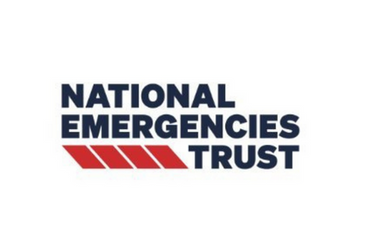The National Emergencies Trust (NET) is to expand its collaborative grantmaking work using local partners, after a report found this model helped foster trust during the pandemic.
An independent evaluation was carried out over 18 months by researchers at Nottingham Trent University and funded by the Economic and Social Research Council.
The report found a layered ‘network of giving’ that included distribution partners, local infrastructure organisations, and larger and smaller VCSOs, was crucial in reaching those with unmet need during the pandemic.
It found that distribution partners were trusted to use funding where most appropriate in supporting their communities.
The report recommended that NET now widen its networks further to encompass more organisations with expertise in supporting placed-based or needs-based communities.
Rowena Hill, professor at Nottingham Trent University, said a “stand-out success” of the coronavirus appeal “was the trust-based approach to funding through the network of giving”.
“In future UK emergencies, pre-existing relationships will be paramount to ensure timely funding can be distributed confidently, especially during shorter disasters,” she said.
The NET is now expanding its National Charitable Partners Programme, to encompass further expertise in a number of areas, including communities experiencing racial inequality and faith communities.
Mhairi Sharp, chief executive of the NET said the evaluation of the coronavirus appeal “proves this collaborative, trust-based approach works”.
She said: “The job for us now is to refine the model further, ensuring that our growing network of experts can play fully to their unique strengths.”
Related Articles











